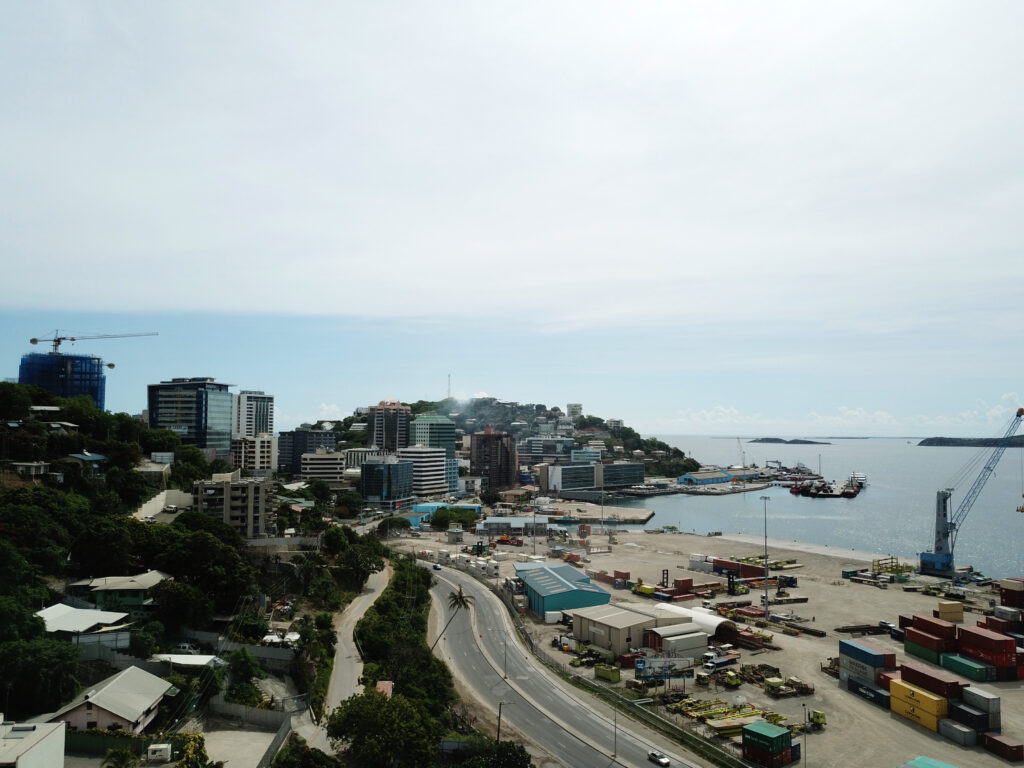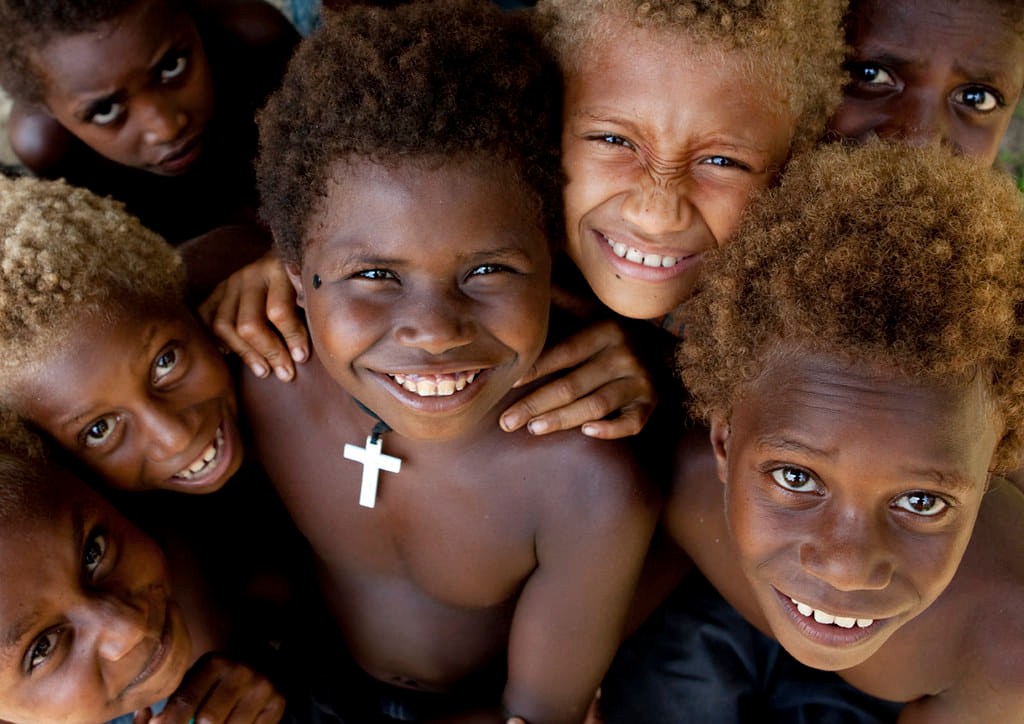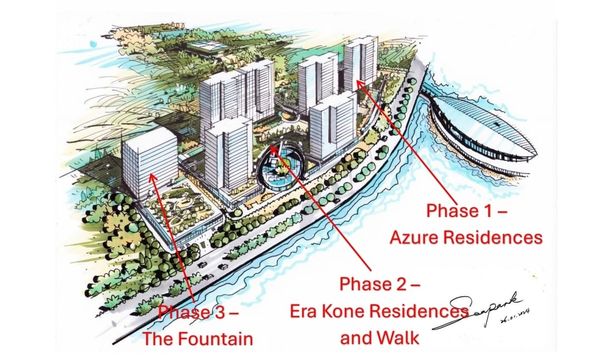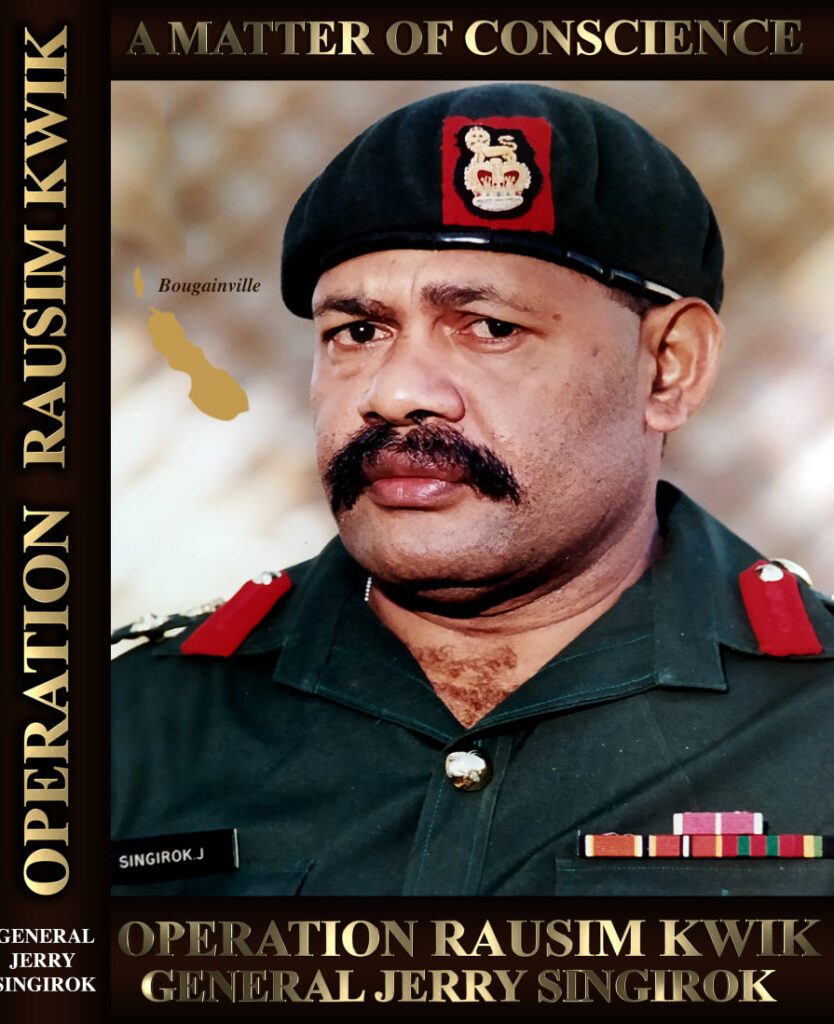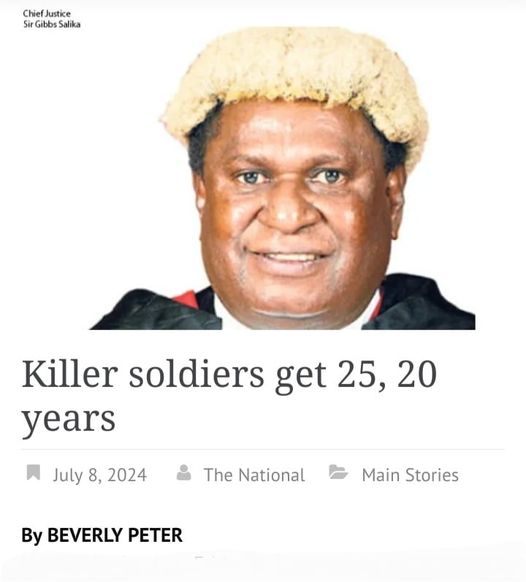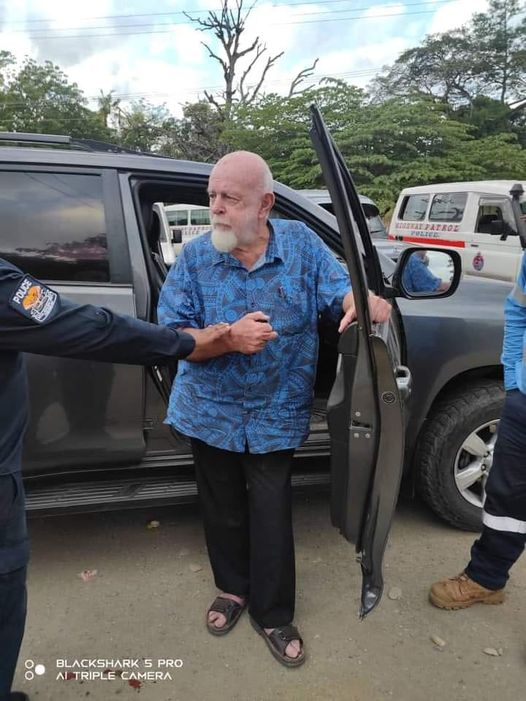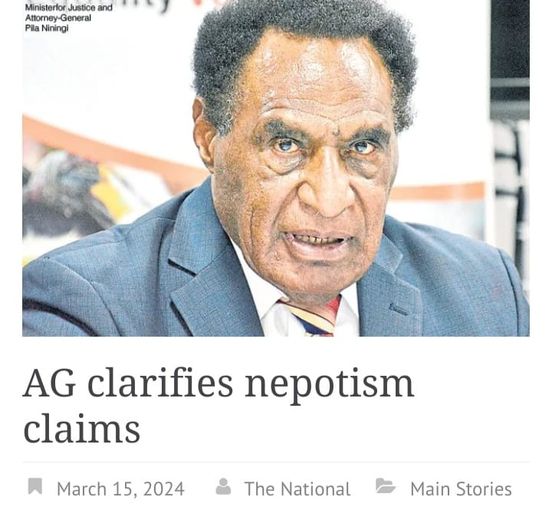The Seven (7) MUST follow WEBSITES for Papua New Guinea and Pacific content. Many people do not have the time to read 15-20 pages articles. The max one can enjoy is 2 pages, but you want that 2 page content to be good. Below are 7 platforms you should subscribe to or check daily if you’re interest in PNG and Pacific economics, policy, social, political, legal etc.
The Seven (7) MUST follow WEBSITES for Papua New Guinea and Pacific content
The Seven (7) MUST follow WEBSITES for Papua New Guinea and Pacific content
Many people do not have the time to read 15-20 pages articles.
The max one can enjoy is 2 pages, but you want that 2 page content to be good. Below are 7 platforms you should subscribe to or check daily if you’re interest in PNG and Pacific economics, policy, social, political, legal etc.
Note: only sites that have independent editors listed here. Personal blogs are not listed because they contain personal views, and are usually not scrutinized by independent editors.
1. Crawford School of Public Policy’s Development Policy Blog
This platform, based at ANU, has one of the largest, if not the largest PNG and Pacific content in the world. The articles are usually 2 pages long, and are concise. Their articles frequently feature on Post Courier & The National Newspapers, and other Pacific media outlets. All though it’s based at ANU, PNG based researchers and practitioners are frequent contributors.
2. The Lowly Institute’s The Interpreter
This site is very much like Development Policy Blog, but has emphasis on Policy related issues. It’s based out of Sydney, and one of the leading platforms on Pacific content in the region. Their “Aid Map” tracks all the foreign aid in the Pacific. If you are interested in which foreign countries are spending how much in PNG, in which sectors, etc., Lowly Institute is the best site to visit.
3. The National Research Institute Blogs (Spotlight)
NRI is based in Port Moresby, and has various publications, but it’s blogs are short and concise. The content writers are mostly NRI staff but researchers and policy practitioners outside of the institute also contribute. NRI has various publications but for a quick read check their ‘spotlight’ articles.
4. Australia-Pacific Security College Blog
Blogs on this site focus on security issues in the region. Security is multifaceted, and for this reason, blogs on this site cover a range of issues from climate issues, food security, elections, geopolitics, transnational crimes etc. It’s funded by DFAT specifically to research and disseminate content related to Australia and Pacific’s security.
5. Asia & The Pacific Policy Society (Policy Forum)
This site covers a wide range of policy issues in the Asia Pacific region. As the name suggests, it’s has a much wide focus, covering Asia and the Pacific.
6. East Asia Forum
This site is focused on Pacific and East Asia, but unlike the those listed above, articles for this platform are peer reviewed. This means articles submitted to this platforms are scrutinized by at least two experts in the field, and undergoes several revisions before its published.
7. ANU DPA In Brief
This platform provides 2 pages summaries of research, and has tons of PNG and Pacific content. All the papers published by this platform are peer reviewed, and carries the same weight as papers published in academic journals. This is why you can find papers published in this site on academic web search sites like Google Scholar.
Note: Papua New Guineans can also publish in these platforms. Go to their sites, and look up guidelines for submissions. You will also find email addresses you can submit your articles to. At the end of these articles (except the last one – 7) there are sections for comments.
That is where you give you feedback, for instance, you may not agree with the conclusions because you’re working in that filed and author may have gotten it wrong.
There’s a lot more happening outside your work cubicle, and the information shared on social media is not verified by or critiqued by someone other than you.




